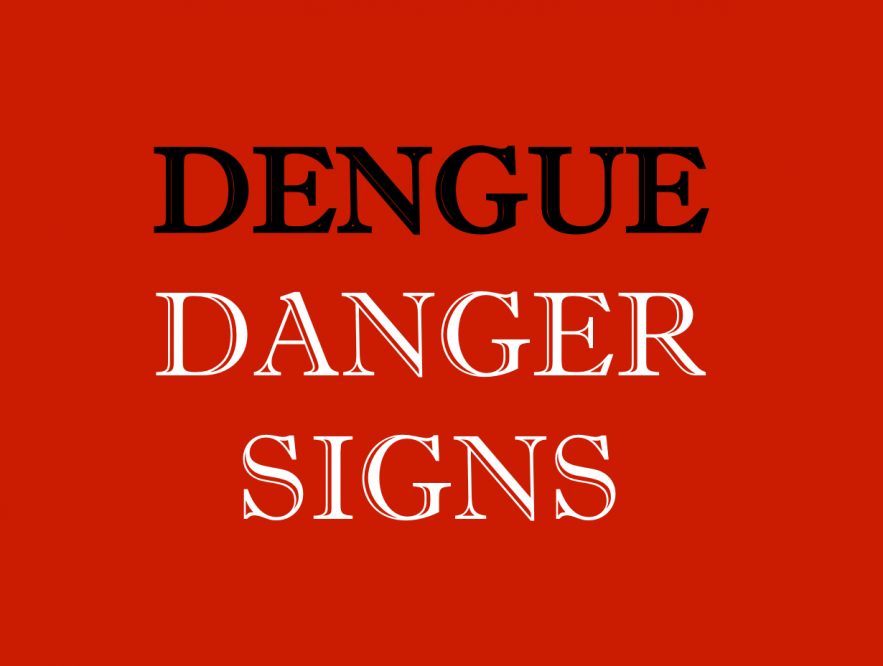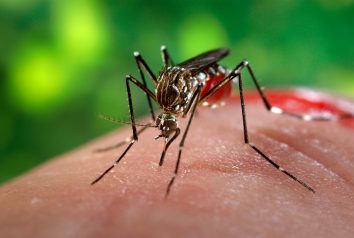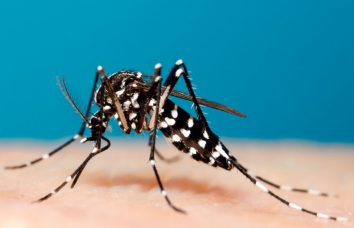Dengue (pronounced DENgee) fever is a painful mosquito-borne disease caused by the bite of female mosquito Aedes aegypti. It is also known as breakbone fever because this unusually causes severe muscle and joint pains.
The female Aedes aegypti becomes infected with dengue virus when it bites a person with dengue virus in their blood. When a mosquito feeds on the blood of dengue virus infected person, the virus enters into the blood stream of the mosquito making it a dengue vector. Once the virus enters the mosquito’s system, it spreads through the mosquito’s body over a period of eight to twelve days. After this period, the virus infected mosquito can transmit the dengue virus to another person via bite.
When a virus infected Aedes aegypti mosquito bites a person, he/she develops a state called viremia. It is a medical condition where dengue viruses enter the bloodstream of the person and have access to the rest of the body. A person enters into the viremia state in four to five days after being bit by the infected mosquito. Five days after being bit by the infected mosquito, the person develops symptoms of dengue fever, which can last for a week or longer.
Dengue virus causes flu-like symptoms that usually lasts for 2-7 days. Dengue fever usually occurs after an incubation period of 4-10 days after the bite of the infected mosquito.
Common signs of dengue fever
- High Fever (104°F)
- Decreased appetite
- Headaches
- Pain behind eyes
- Nausea
- Vomiting
- Severe fatique
- Swollen glands
- Extreme pain in joints, bones and muscle
- Skin rashes that usually appear 2-3 days after the onset of fever
- Mild nose and gum bleeding
Severe or hemorrhagic Dengue fever
People with weak immune systems are at a greater risk of developing dengue fever. Sometimes, symptoms are mild and can be mistaken for those of the flu and viral fever or infection. However, serious complications can develop. This state is called severe dengue. Early symptoms of dengue hemorrhagic fever are similar to those of dengue fever. But after several days the infected person becomes irritable, restless and extremely weak. The warning signs of sever dengue or hemorrhagic fever are:
- Severe abdominal pain
- Persistent vomiting
- Bleeding gums
- Vomiting blood
- Rapid breathing
- Fatigue/ restlessness
- Cold and clammy arms and legs
In a case of severe dengue, rush the person should to the emergency room or to the health care provider. Severe dengue can cause plasma leaking that may leads to a state of shock and respiratory distress. It can also cause severe bleeding, a life threatening condition and severe organ damage.
- Content source:
- www.who.int/denguecontrol
- www.webmd.com
- www.emedicinehealth.com
Loading recommendations...




